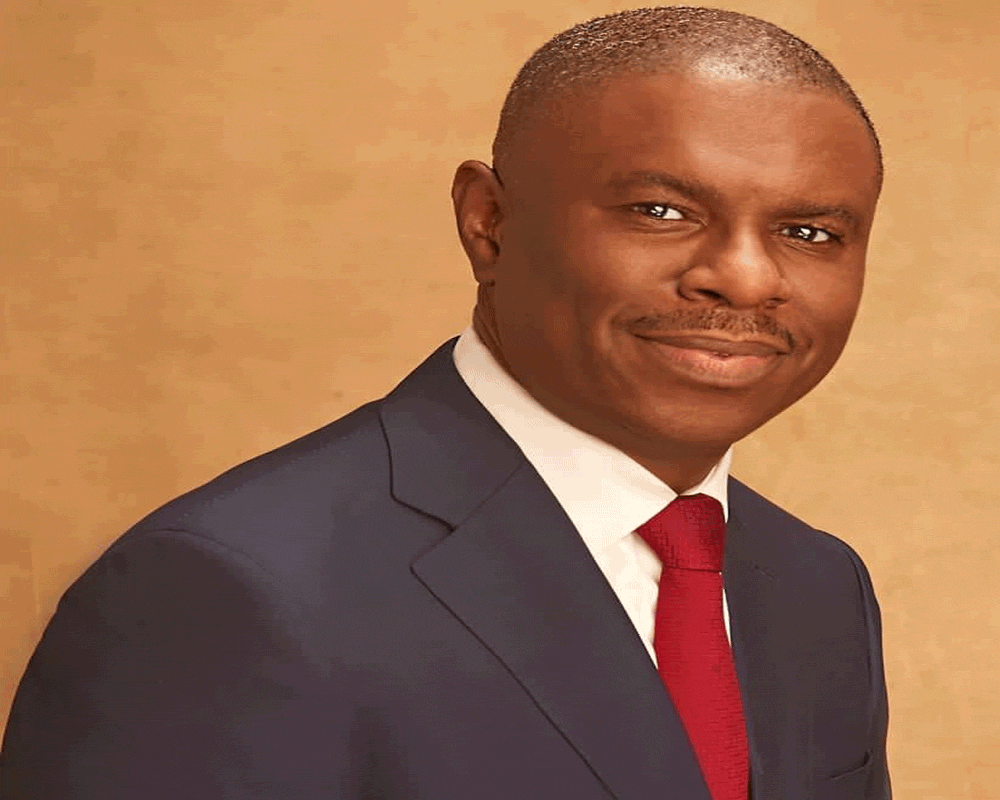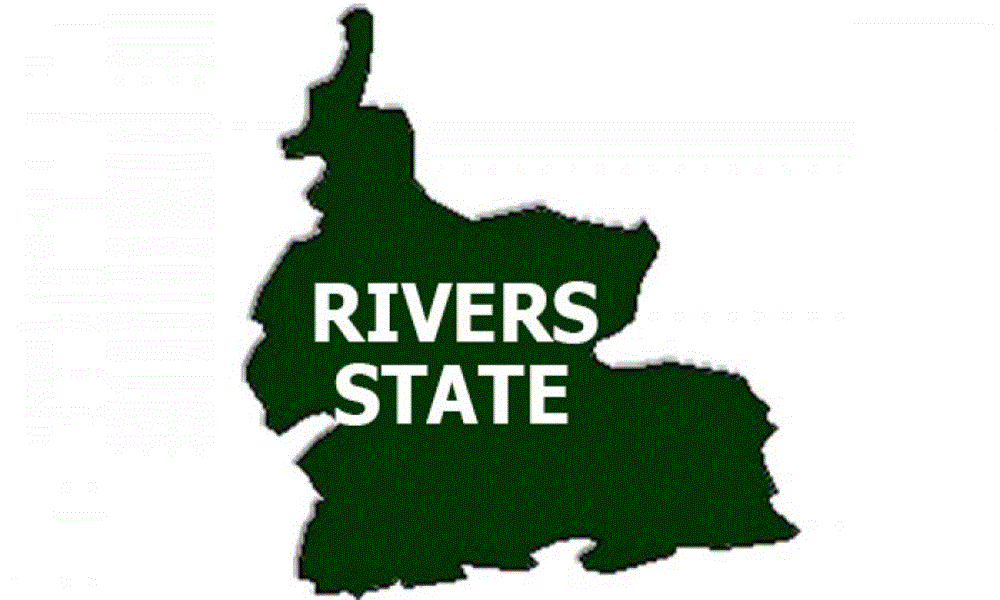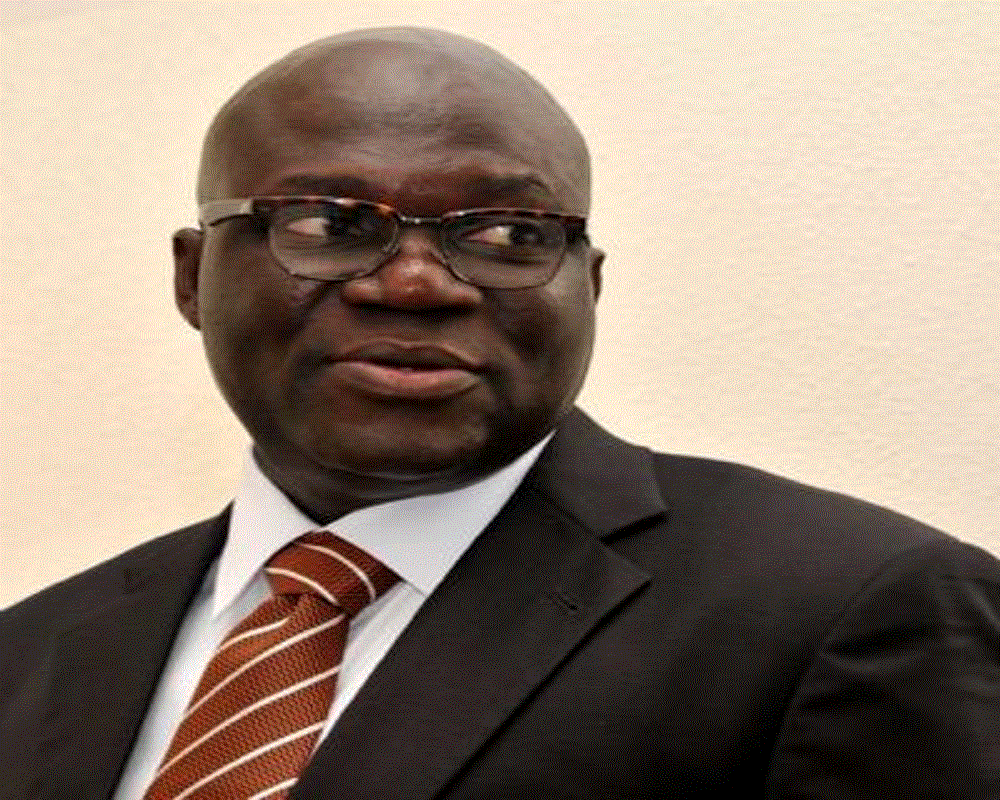Ahead 2023: Reinforcing The Role Of The Media In Support Of Nigeria’s Democracy
Prior to this time, Nigeria had made several attempts at institutionizing democratic governance in the country with little success.
The first attempt after a very long period of military regime was in 1979 which brought an end to 13 solid years of military dictatorship (1966-1979) in the country.
Unfortunately, the civilian government that was ushered in with funfare and great relief could not last beyond the first four year term of the new administration.
This was sequel to the overthrow of the then democratically elected Alhaji Shehu Shagari-led federal government by General Muhammadu Buhari on December 31, 1983.
From this time on, it was the boys in Khaki all the way calling the shots for the over 150 million Nigerians to the consternation of the rest of the civilized world and a few vocal Nigerian activists who at the risk of paying with their lives criticized the military junta and ceaselessly called for its rejection by the mass of Nigerians.
Their calls and insistence eventually paid off when after a counterless number of postponements, the military returned power back to the civilians in 1999, with the former military head of State (1976-1979), Chief Olusegun Obasanjo (now retired) democratically elected and subsequently sworn in as the nation’s president on May 29, 1999.
Since then, the country has experienced democratic governance till date but the question still remains, how democratic is Nigeria’s democracy in light of the prevailing high rate of human rights violations, flagrant disobedience to court orders, the military fashion with which both the police and military treat fellow citizens and effect superior orders, etc in Nigeria.
All these are vestiges of military dictatorial regime, hence the need to reinforce the role of the media in support of Nigeria’s desire for true democracy. The reason for reinforcing the role of the media becomes more expedient as the country approaches another round of elections to elect those to conduct its affairs and manage its economic resources for another four years.
Over the years the media have been found to have a close link with society and development and by extension, leadership. This is based on the understanding that given its exalted position and high regard in society, the media should use all their potentials to be socially responsible to the society by setting high standards of informativeness, truthful, accurate, objective and balanced reports of issues. The media no doubt have the power to bring issues through its agenda setting function to the public domain while it also functions as a mirror to the people.
Many argue and rightly too, that to conceive and to achieve any goal that is of national interest, there has to be good and accountable governance in place. “Governance which is the manner in which power and authority are exercised in the management of a country’s economic resources presupposes that for administrative power and control to be exercised over a people/area, there has to be information sharing between the governor and the governed. This is where the media become relevant as a watchdog, transmitter of values, mobilizer, advocate and guarantor of good governance”.
Hence, all the key functions of any democratic system-political, socialization and recruitment, interest articulation, interest aggregation, rule making and rule adjudication are performed by means of communication.
This is why the media have always been in the forefront of mass mobilization campaign in Nigeria to raise the country’s political awareness, responsibility and responsiveness and to properly mobilize the people for the participatory democracy required for the success of the political and socio-economic progress of the nation.
In examining the Nigeria’s mass media performance of these functions in the past and their ability to continue to perform them creditably now and in the future, there have been persistent calls for the reinforcement of the role of the media in support of the country’s democracy.
The reason for this is not far-fetched. In Nigeria, the role of the media in promoting, defending and advancing democracy and good governance at various periods in the history of the country from the colonial times has been widely documented.
At various times, the media had played critical and appreciable role to enthrone democracy or hasten the exit of anti-democratic elements and tendencies from the country’s political landscape.
Apart from their tasks of gathering, processing and disseminating information in the country; media organs are required to act as watchdogs that maintain surveillance of all sections of the society for collective good and safety.
This is why citizens feel threatened when the supposed watchdog is weak and appears unable to act appropriately, behave in contrast to societal and professional expectations or get mortgaged to sectional, political, religious, commercial and other manipulative predispositions. The experiences of the mass of Nigerians have indeed, proved that democracy means much more than having a civilian at the helm of affairs or the leader designated as President or Governor as the case may be.
It’s all about democratic governance at all levels and with all institutions of social, economic and political control democratized and above all, ensuring that the principles of democracy are applied and respected by the leaders and the led in all their dealings. Democratic governance must be premised on equality before the law, respect for the rule of law, free and fair elections, independent judiciary, efficient legislature, freedom of the press (expression), responsible law enforcement officers, transparency in leadership/accountability, zero tolerance to corruption, etc.
Even at a passing glance, one discovers that all these democratic ideals are lacking in Nigeria, hence the need to promote them to the political front burner by reinforcing the agency or means through which this can be achieved which is the media.
There is no gainsaying the fact that the media like other institutions in the country, are confronted with multiple challenges in performing their constitutional, structural and psychological responsibilities. The greater challenges relate to the mindsets, attitudes and habit of Nigerians which influence and indeed, affect the quality of performance of the media in the democratic process.
Some of these include mindsets about power and politics, the role of the State on society, ethnicity, religion and political succession.
These are further compounded by the ownership patterns, commercialization and competing interests in the media industry. There had been instances when the personal interest and political sympathies of the owners were mixed with professional content to demonize, advocate, manipulate or breach ethical and legal codes, especially during elections.
Another threat to the performance of the media in the democratic process is the commercialization regime in the broadcast media. Though the Nigerian Broadcasting Code insists on balancing commercial interest and social responsibility in coverage and even excludes political parties and religious bodies from ownership of broadcast stations. The rule is however, minimally observed in the industry. Thus, because of the commercialism, and ‘broadcast media ownership in disguise’ the public is largely denied of quality access and valuable investigative reporting in the media.
Consequently, critical issues like human rights, legislative performance, transparency and accountability, institutional weaknesses, corruption, internal party democracies and other aspects of democracy are given peripheral treatment in the media or at least, as so alleged.
It is against this backdrop that the media should consolidate on the gains so far garnered and continue to redeem themselves from occasional charges of partisanship usually leveled against them. Media practitioners should as expected maintain their “detached observers’ status and ‘involved participants’ especially during elections. They should demonstrate enough moral strength not to compromise ethical standards, and exhibit sufficient quality character while carrying out their monitoring and reportorial job as the first step to getting it right in 2023 general elections.
Chris Konkwo is a practising journalist and Editor-in-Chief of National Network Newspaper Port Harcourt.



